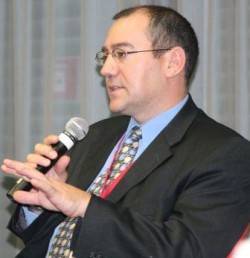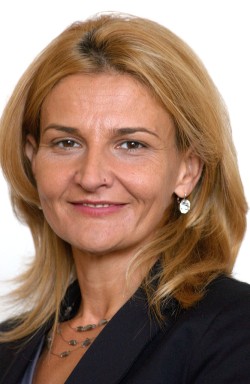20 Sep 2013
15:00 - 16:30
Crystal Ballroom
Plenary panel 2: Gender at the Margins: The Role of State
(in partnership with DCAF)
The role of the state is to facilitate and ensure the organizational and operational development of the security sector in line with democratic principles. This includes purposefully addressing gender in order to:
- Identify and understand how violence, conflict and crime affect men and women differently;
- Account for gender diversity in perceptions of security and insecurity;
- Integrate a representative perspective, namely to include women in developing and overseeing strategies to prevent, manage and resolve violence, conflict and crime; and
- Increase the institutionalization of legal and structural opportunities and rights in order to progress gender equality and human rights.
Discussion topics:
- Why is gender relevant to the success of the state? What are the tangible benefits of gender mainstreaming state formation and democratization processes? Conversely, what are the consequences of not including gender in planning, development and implementation of state formation? How can we increase the motivation of the state, and state actors, to champion gender as a critical component of democratization?
- What is the role of National Action Plans (NAPs on 1325)? Is this security policy document meant to inspire – or establish – a vision for gender mainstreaming? Are they meant to establish a standard to work towards achieving? Do they exist in order to fulfill an obligation and complete a task? Or is an NAP meant to be the policy equivalent of social development and change? Do they exist to support cooperation and collaboration between civil society and government institutions? Is the role of the NAP simply to increase the number of women in the security sector?
- Why is gender relevant to security sector institutions? What are the organizational and operational benefits of gender mainstreaming security sector institutions? If gender is not addressed within the security sector – police, armed forces, justice – will it make a difference to citizens?
Speakers:
Kolinda Grabar-Kitarović‚ Ambassador, Assistant to Secretary General, NATO
Elisabeth Naucler‚ MP, Parliament of Finland
Tanja Miščević‚ Serbian Chief Negotiator with EU
Valerie Evans‚ Head of DE&S’s International Relations Group IRG, MoD, UK
Daniel de Torres‚ Deputy Head, Operations III, DCAF (Chair)





